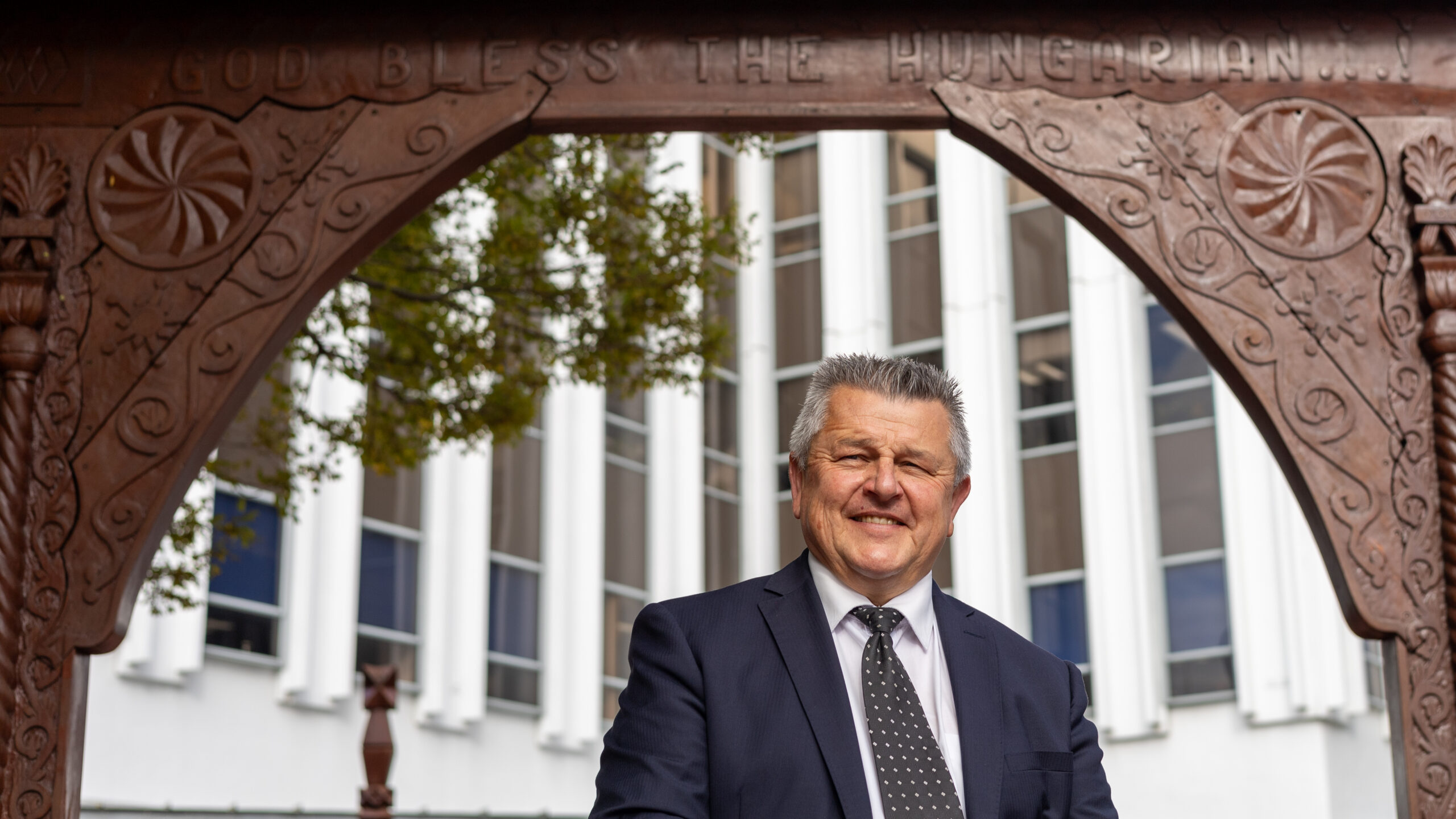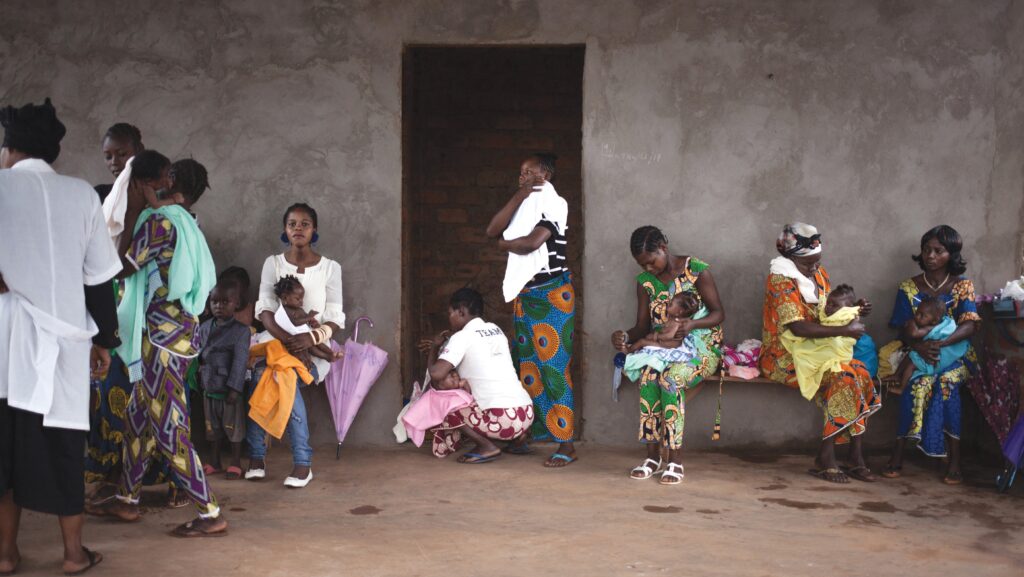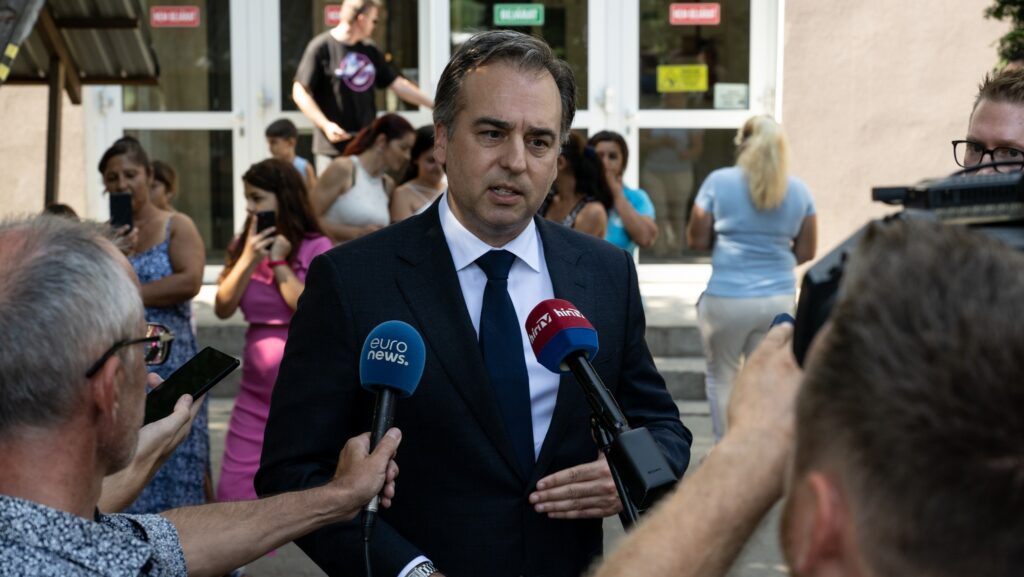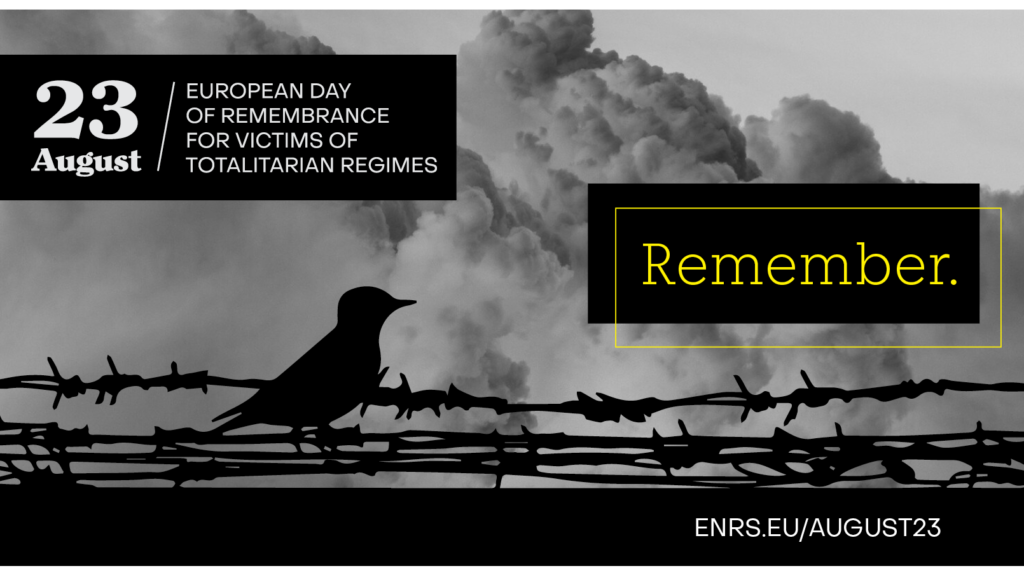Mr Steve Fejos was born in Wellington and educated at St Patrick’s College and Victoria University. Steve entered real estate in 1993, from a background in property management; he has been in the real estate business for over twenty years and has worked in most aspects of the industry—as a salesperson, sales manager, franchise owner, with a corporate career of three years, comprising eighteen months in Australia and eighteen months in NZ. Then his love of his home town Wellington, his passion for dealing with people and helping them solve their housing needs attracted him back to selling. The following interview was recorded in Wellington, New Zealand.
***
Please tell us about yourself—what do you do for a living, and how did your family come to New Zealand?
My parents came here as ’56 refugees after the crushing of the uprising, leaving Hungary in January 1957 and spending almost 12 months in a Yugoslavian camp where my older brother was born in June 1957. They were accepted to NZ along with about five families from the same camp and arrived in Wellington in January 1958; we were all put up in a building owned by the Catholic Church which housed the Polish orphan refugees from the Second World War (New Zealand accepted 1,500 orphaned Polish children). We always called the building the ‘Polish Hostel’. I was born in August 1959. Like all Hungarian refugees, my parents worked hard holding down two jobs and quickly saved enough to buy their first home in 1962.
How inclusive is New Zealand society towards Europeans, especially Hungarians?
When I was young society was less accepting and everyone spoke English and other languages, cultures and cuisines were not encouraged. We had a Hungarian Club which focused on a very successful ‘Hungarian’ football team. As a child, I remember many club family events. We spoke Hungarian at home with my parents and so I always felt ‘Hungarian’. The club lost momentum in the early 1970s as the football team disbanded and the club followed shortly after. In the 1980s the club restarted with a strong involvement of first-generation Hungarian children who were now in their twenties and thirties, and with their children. The desire to share cultural experiences with the second generation led to the re-birth of the Hungarian Club.
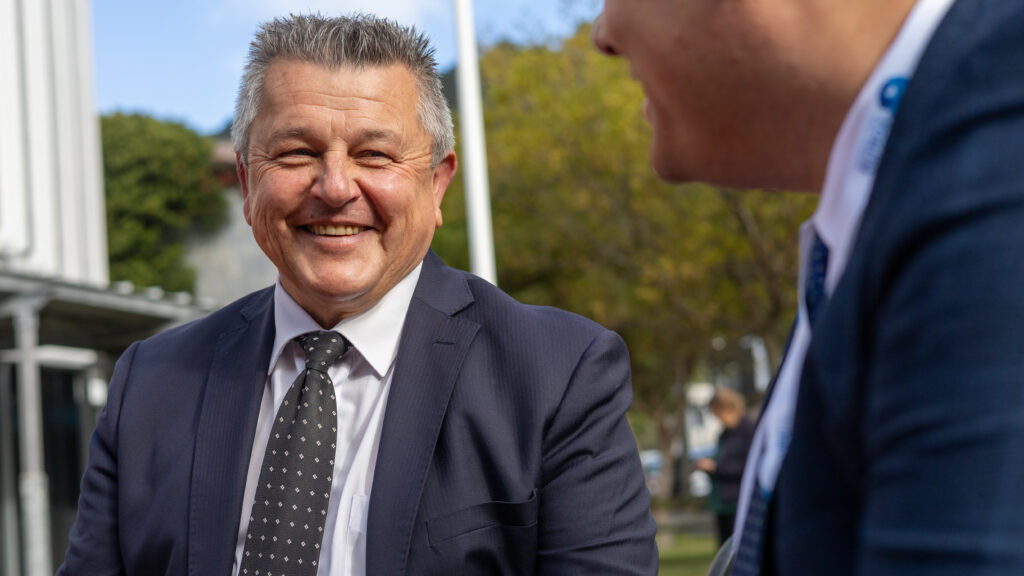
What is the significance of the Hungarian Millennium Park in Wellington, where we are currently speaking?
The Hungarian Millennium Park (also called Hungarian Garden) grew from the membership of the Hungarian club re-established in the 1980s and 1990s. It was the concept and idea of Paul Szentirmay that we had a solid piece of land that displayed Hungarian culture in the Wellington community we lived in. It also became a sort of memorial park where families could have a personalized paving stone laid with their family name, along with a couple of words, e.g. the date of their arrival, family members, etc.
How do you experience and express your Hungarian identity in New Zealand?
It is clearly stated in all my work profiles that Hungarian is my second language and my surname often prompts the question of where it originates from. I also have a flagpole at my house and often fly the Hungarian flag on national holidays.
Are there any Hungarian networks operating in New Zealand that help foster Hungarian culture?
The society still actively promotes scholarships open to New Zealanders to travel to Hungary and we actively support sponsored programmes where Hungarian individuals are sponsored to visit NZ. The current Embassy has been very active in supporting the retention of the culture and also in organizing community events and film screenings, and joining us in national day celebrations.
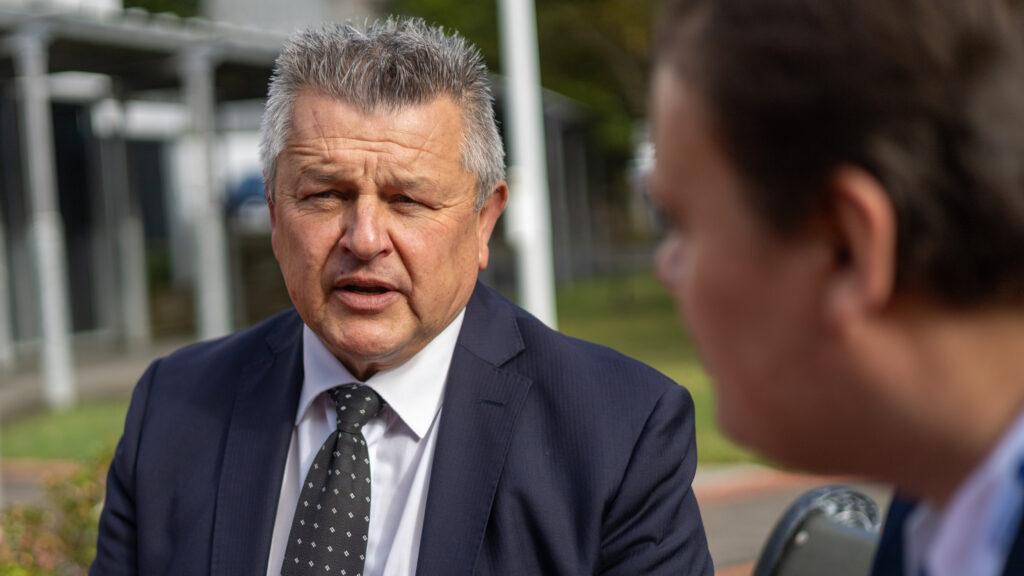
Are there any generational differences in how Hungarian consciousness is experienced within your community?
As a New Zealand-born Hungarian, my desire to experience culture is very much one of my generation having grown up in New Zealand but in a Hungarian household, where Hungarian was spoken and Hungarian food cooked, where we were limited in our cultural contacts as we had no extended family. The club and our own circle of friends formed part of that extended cultural experience. The new, more recent arrivals from Hungary, in the last 20 years, are here for different, mainly economic reasons and tend to be much less involved in community events.
What are the most significant challenges Hungarian communities face in New Zealand when preserving culture?
The primary challenge is the diminishing use of the Hungarian language, which is largely due to the dilution of culture through intermarriage and the loss of older generations. The decline is evident as our events are now more often conducted in English than in Hungarian. Consequently, the majority of the extended community has become predominantly English-speaking.
What message would you like to send to Hungary, and to the Hungarians throughout the world from New Zealand?
Firstly, we are all proud Hungarians living in another land. We are proud of the tourist promotions of Hungary regularly on our television and proud of the country and the city of Budapest which has become the gateway to the country. We are proud of being eligible to hold a Hungarian passport and of being able to use it when travelling to Europe and the EU.

